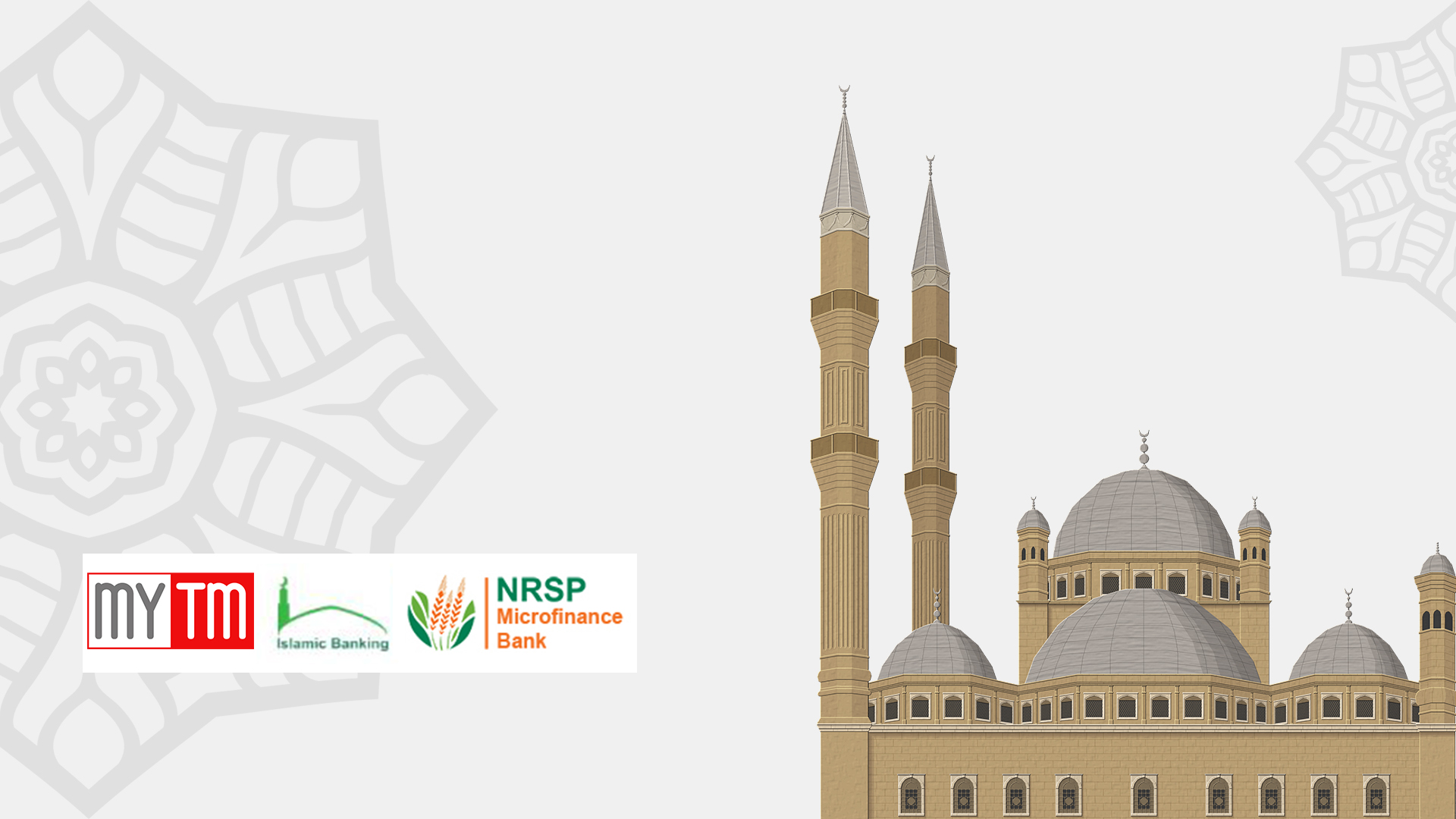

Simplify your finances with your smart financial assistant.
MYTM your smart financial assistant



About Us
Background
With over 160 live mobile financial services deployments and approximately 80 million registered customers across 72 countries, the global mobile money industry has witnessed remarkable growth. This expansion has sparked both excitement and confusion within the microfinance sector.
Interest has emerged as numerous microfinance institutions recognize the potential of mobile financial services to significantly broaden their reach while minimizing operational costs. Conversely, bewilderment arises as many institutions grapple with how to effectively utilize mobile banking to support growth, given the diverse market conditions and regulatory frameworks they face.
While many are still navigating these challenges, early adopters have forged ahead with various business models, integrating mobile banking into their microfinance operations. Nevertheless, a substantial segment of the unbanked market remains untapped, presenting a significant opportunity for financial inclusion.
In 2008, despite over 160 million people in Pakistan having savings, only about 8 percent had access to formal financial institutions. This disparity highlighted Pakistan as a prime candidate for financial inclusion initiatives. Anticipating this need, mobile operators were poised to take the lead. In March 2008, the State Bank of Pakistan (SBP) issued Branchless Banking Regulations, permitting only established financial institutions to provide services outside traditional bank branches through alternative agent and mobile-based channels. With SBP’s bank-centric approach, it became clear that mobile operators wishing to enter the financial services sector would need to partner with banks to leverage their extensive distribution networks effectively.
Mission
Our mission is to empower individuals and businesses with cutting-edge financial technology solutions that enhance efficiency, foster innovation, and drive growth. We are committed to delivering exceptional value through products and services that exceed expectations, ensuring our customers achieve their financial goals and realize their aspirations. By prioritizing customer satisfaction, we strive to create meaningful, long-lasting relationships built on trust, reliability, and continuous support
Vision
Our vision is to be Pakistan’s leading financial technology provider, known for our commitment to quality, innovation, and customer satisfaction. We strive to set new benchmarks in the fintech industry, delivering solutions that transform how people manage and access financial services. By staying at the forefront of technological advancements, we aim to create a future where financial technology seamlessly integrates into everyday life, making it more accessible, secure, and beneficial for everyone
About Us
Founded in 2018, MYTM is Pakistan’s first Islamic FinTech, dedicated to transforming the financial landscape by offering mass transit e-ticketing, branchless banking, microfinance services, and innovative payment solutions. Our recent launch includes Payment pull (e-POS) and Visa/Mastercard acceptance, enhancing accessibility and convenience for businesses and consumers alike.
We envision building a network of 100,000 MYTM DUKAAN by 2026, creating widespread financial inclusion across the country. In partnership with NRSP, the first Islamic Microfinance Bank, through a Branchless Banking Agreement signed on July 7, 2021, MYTM is committed to providing secure, reliable, and Shariah-compliant financial services.
At MYTM, we are more than just a fintech company—we are pioneers in Islamic financial technology, empowering individuals and businesses to achieve their financial aspirations with trust and innovation.




